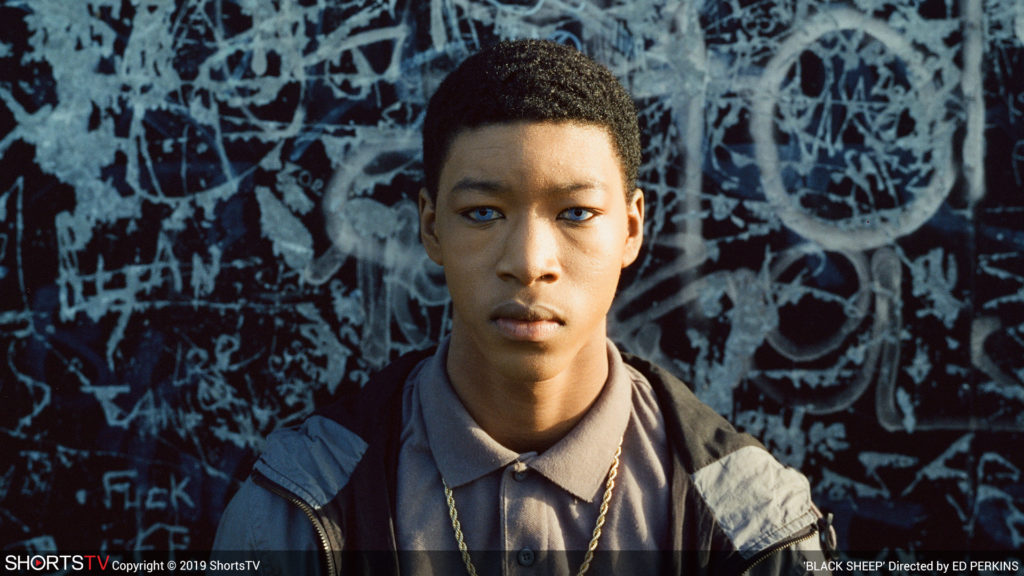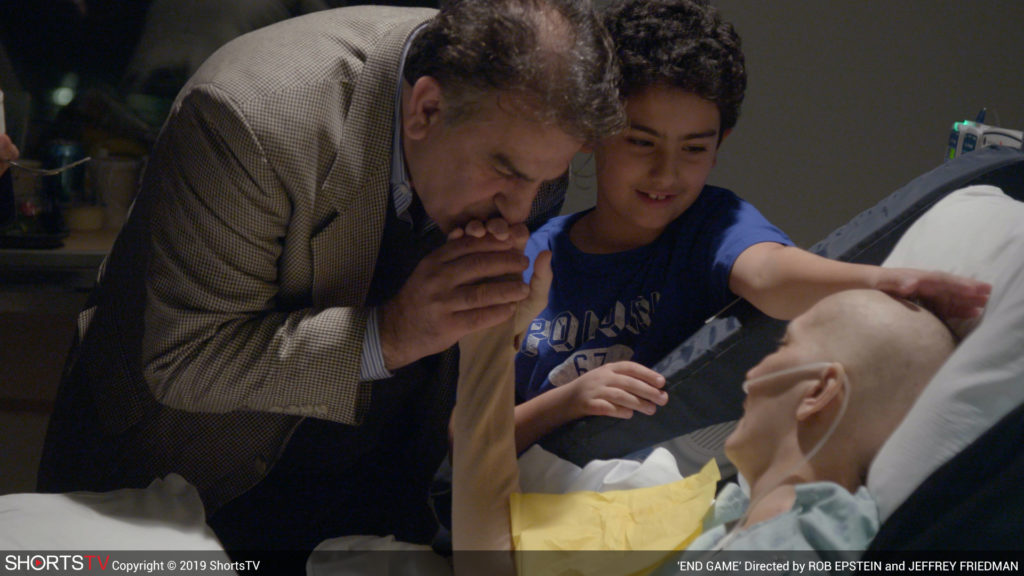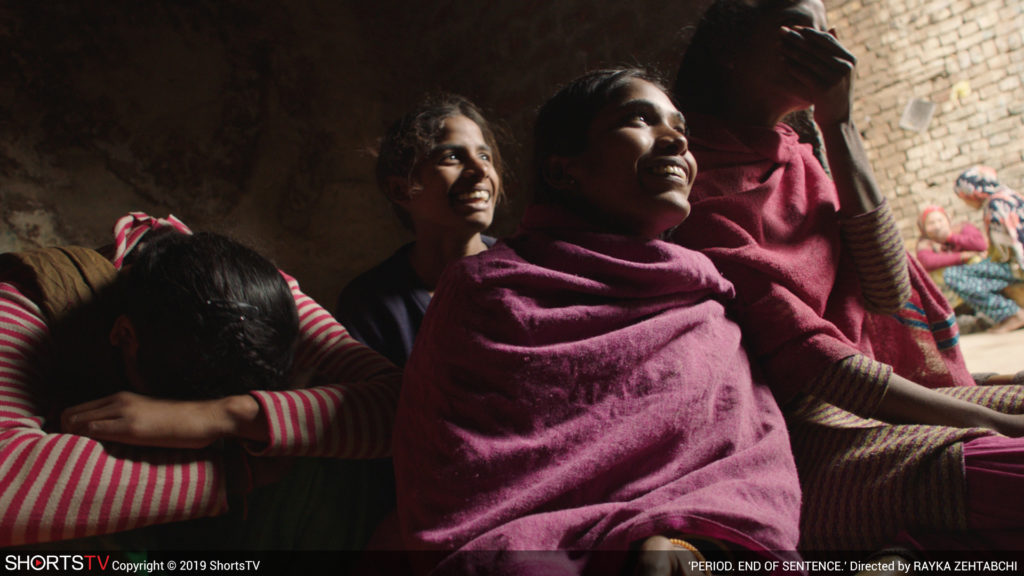Review by David Baldwin

It’s been a bit of a crazy week for me, but even crazier if you’ve been paying attention to what’s been happening with the Oscars. The wording is still a bit confusing, but The Academy announced this week that they will be handing out the awards for Best Editing, Best Cinematography, Best Makeup and Hairstyling, and Best Live Action Short, during the commercial breaks and editing together a piece to show the winners and their speeches sometime later in the ceremony.
Oh, and they are trying to hold all winners to 90 seconds for their speeches – and this includes the time it gets them to stand up, be congratulated by their loved ones and peers sitting around them, and sprint to the podium. The guys might be able to pull this off in their dress shoes, but what about the women? Is The Academy encouraging them to wear sneakers and not have trains on their dresses? Naturally everyone is furious. Petitions are being signed. Celebrities and industry people alike are speaking out and protesting the Academy’s decisions. Twitter is on fire with rage. But it’s just another day as we stumble towards the ceremony on February 24.
And with that, here’s a few words on the Oscar-nominated Documentary Short Films I missed posting about last week.
Again, I’d like to thank TIFF for helping me access these films. The Documentary Shorts are not running at the TIFF Bell Lightbox this week, but the Animated and Live Action Short Films are still running until February 22. If you are interested in the Docs however, Hot Docs will be running them on Sunday and Monday night (along with the nominated feature length docs).
All five nominated Documentary Short films revolve around fascinating subjects, and much like the Animated and Live Action Shorts, tend to air on the side of being rather bleak.

A Night in the Garden is the shortest of the group, clocking in at 7 minutes, but uses every single second potently. It chronicles an all but forgotten rally from 1939 where 20,000 Americans celebrated the rise of Nazism at Madison Square Garden in New York. The filmmakers let the black and white images and speeches speak for themselves, with each passing moment more horrible than the next. If this film had been colourized and remastered in high definition, it might be hard to distinguish whether it was taking place in 1939 or 2019.
Lifeboat discusses the work of German non-profit group Sea-Watch as they try to help save the lives of Libyan refugees travelling across the Mediterranean Sea in search of a better life in Europe. That’s a lengthy sentence, but I forgot to mention — there are literally hundreds of refugees traveling in make shift boats, all putting their lives in mortal danger by traveling across the sea. This Short is emotional and riveting, and batters you with the horrible stories of what these refugees are going through. And while these scenes are gripping, it takes almost the entire running time before the film hones in on a real focal point.

End Game follows a similar path, revolving around the Zen Hospice Project in San Francisco and how the group of medical professionals is helping its terminally ill patrons prepare for death. This Short is high on emotion, but low on focus. It jumps around from subject to subject recklessly, never honing in on one individual for too long or giving them too much time to really make an impact. They do eventually put emphasis on one subject and one disabled doctor, but why add in so many other people and not just focus all efforts on these two individuals? The filmmakers have a lot of information at their fingertips here, and I feel like it could have been better expressed in a longer, better focused film.
Period. End of Sentence. is the only genuine, feel good Short of the nominees. It chronicles the story of a group of women in a village outside of Delhi, India, coming together to create affordable feminine hygiene products and help end the stigma against menstruation. The film places emphasis on only a few of the women involved, but gives even more a chance to talk and discuss their involvement in this project. There are some laughs and some truly moving moments packed within this light-hearted journey, but it never loses its focus like End Game and Lifeboat. Some may consider this film inconsequential considering what it is up against, but that would be doing this well made film a disservice.

Black Sheep is the final nominated Short, and another emotional and harrowing experience. The film revolves around narration and interview footage of Cornelius Walker, whose Nigerian-born Mother and family moved from London to rural Essex after the murder of a young Nigerian boy. The film dramatizes the racism and prejudice Walker faced from his classmates and peers, and the awful things he had to do in order to fit in. This is the most laser focused and most riveting of all the nominated Documentary Shorts, hitting you like a stack of bricks during its conclusion. This is a horrible true story that deserved to be told, and one that continues to haunt even after its devastating conclusion.